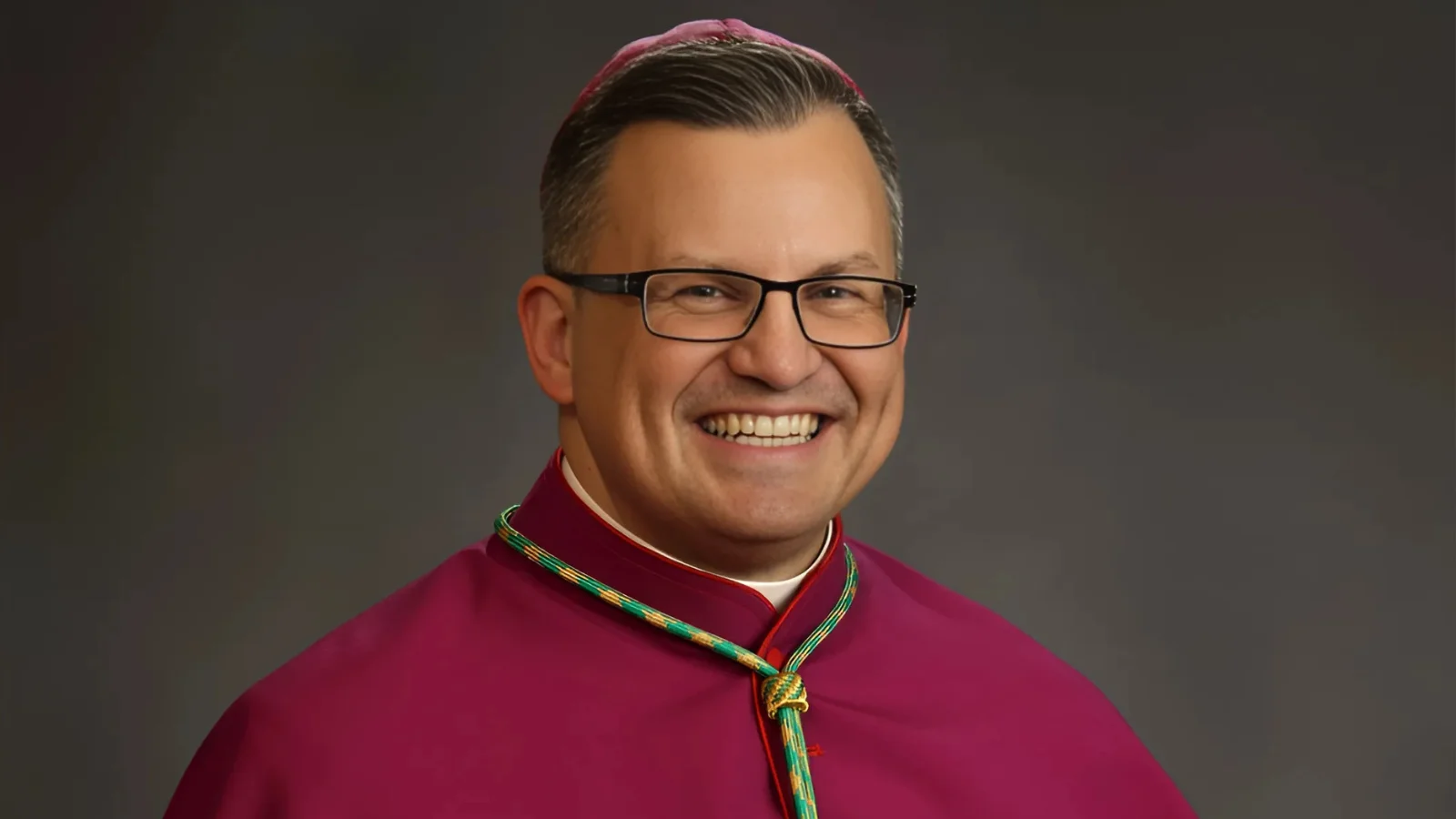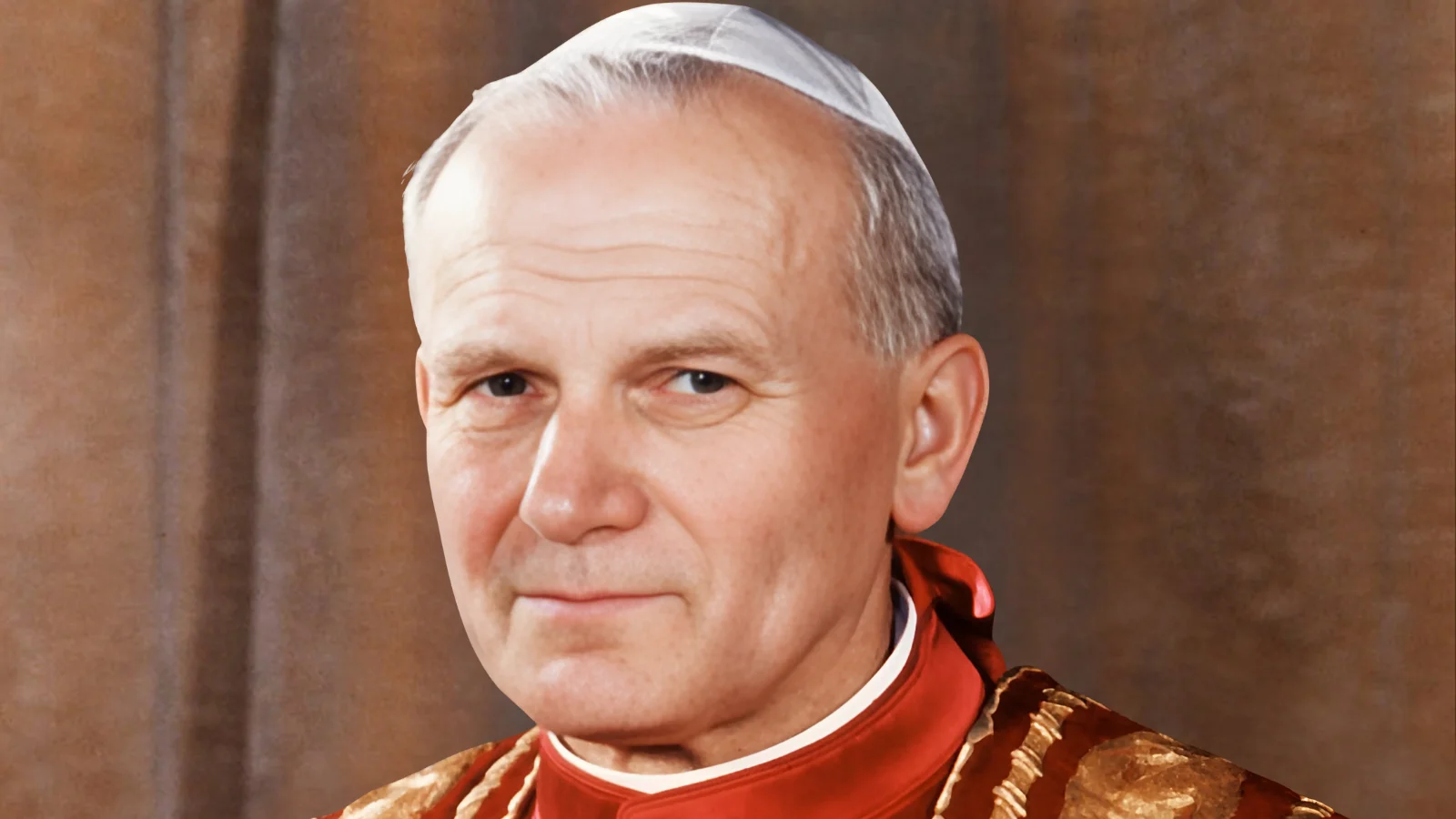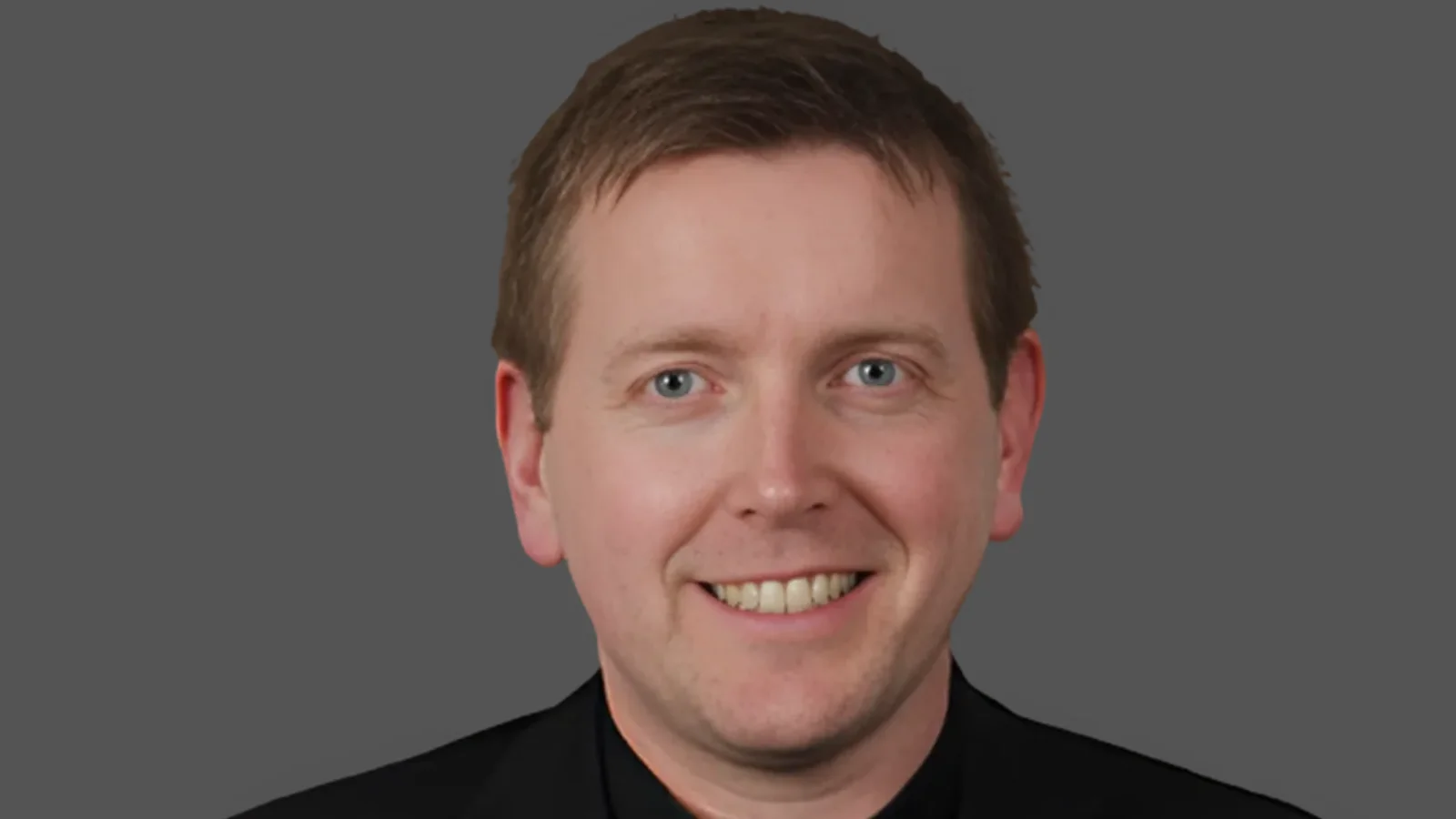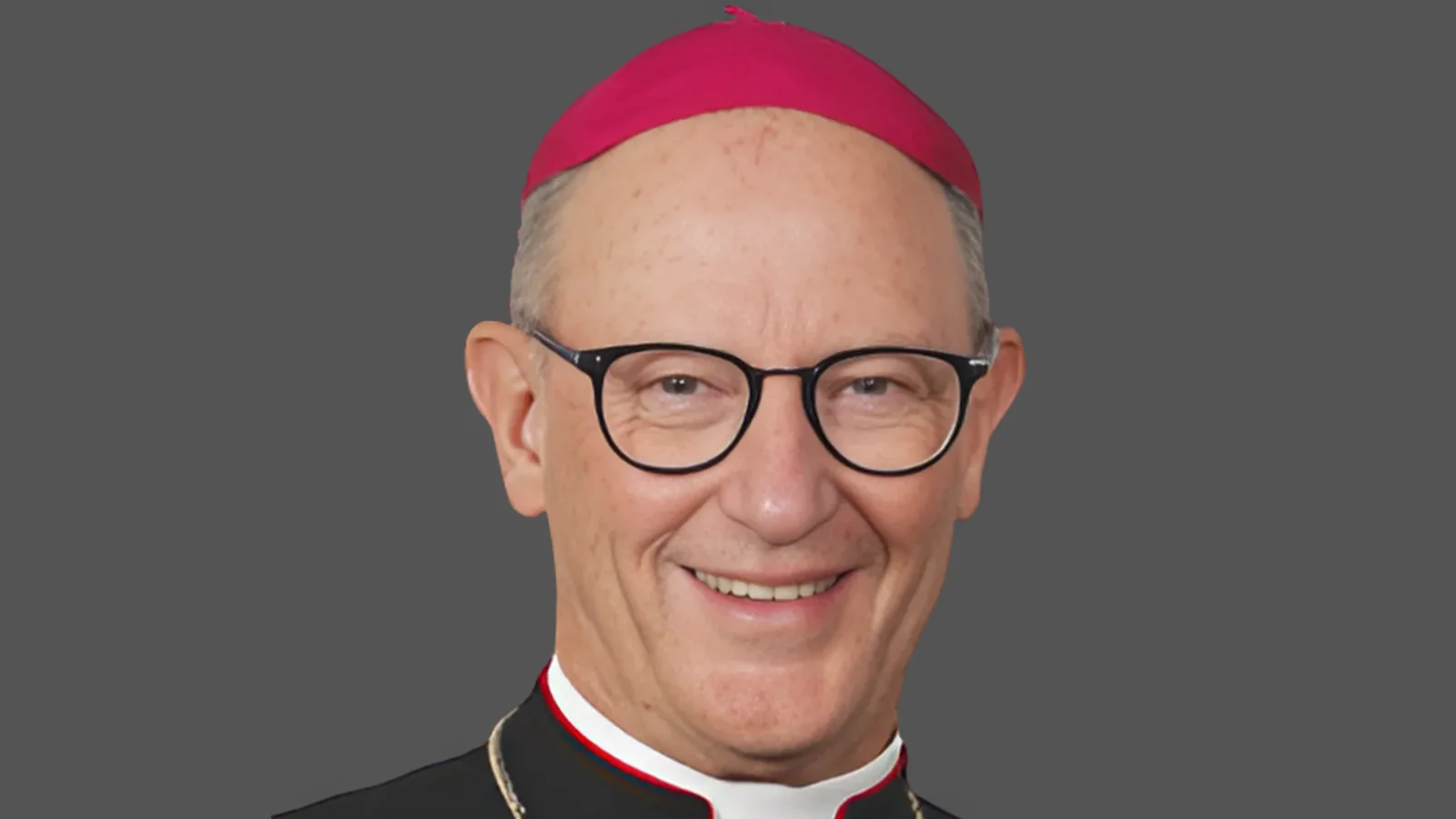
Catholics are encouraged to make voting a priority. | Arnaud Jaegers / Unsplash
Minnesota’s Catholic leaders are calling for Catholics to do take their responsibility as citizens seriously and to not only participate in the upcoming midterm elections in November, but to research where the candidates stand on the issues.
"Catholics are called to be faithful citizens and to infuse public life with the values necessary to protect human dignity, combat injustice and promote the common good,” according to a statement from the Minnesota Catholic Conference, speaking for the state’s bishops. “Because of this duty, it is necessary that we, your pastors, reflect with you on the state of our public life and the choices Minnesotans face as we go to the polls in a year in which all state legislative and executive officers are up for election.”
The statement lists proper relationships and abortion as the main issues on this year’s ballot. The bishops touch on the Catholic teachings about political life and legislative choices that Minnesota Catholics should be more involved in.
When it comes to "right relationships,” the bishops call the pursuit of justice a "cornerstone political value" that, in accordance with Catholic social doctrine, essentially can be summed up as giving each what he or she is due. Justice requires people to work with one another to form good relationships.
The bishops mention different kinds of justice in their statement:
Commutative justice requires justice in commercial exchange.
Distributive justice requires that each person and family have access to the material resources they need not just to survive, but to flourish.
Economic justice means building an economic order on right relationships that foster distributive and commutative justice.
Social justice requires creating conditions for all social groups — including schools, faith communities and the government — to honor and carry out their social responsibilities.
When society fails to form right relationships to establish justice, the bishops said, the state must be there to step in to repair the wrong. That is why choosing political leaders is an important responsibility, according to the statement.
Elected leaders should be wise and virtuous, the bishops said. Voters need to consider how such elected leaders will work toward the different forms of justice as well as other social issues, such as education, public safety, tax policy, migration, stewardship of the planet and healthcare.
The bishops classify the fight against life as the pre-eminent issue today, referring to it as "prenatal justice.” The bishops said this is not limited to an "anti-abortion" view, but must also include "establishing right relationships between the mother and the unborn child in her womb, between society and the unborn child, and between society and the mother and father of the unborn child,” according to the statement.
The Dobbs v. Jackson Supreme Court ruling was considered a win for the pro-life community, but the issue of abortion is far from settled as it returns to the states, where voters have an opportunity to elect leaders who will protect human life.
The bishops quote Pope Francis, who said, ”We cannot stay silent while millions of unborn lives are being cast aside."
Although science has determined that life begins at conception, the bishops said, Minnesota allows an unborn baby to be aborted up to birth. The bishops cited a statistic that shows that 222 abortions in 2021 involved babies that were further than 20 weeks along.
Minnesota also allows young girls to get an abortion without parental consent and pro-abortion-elected leaders are working to shut down crisis pregnancy centers.
The bishops said that society must have a right relationship with the unborn and that this relationship deserves justice. ”Abortion is not about bodily autonomy and freedom, but about the life of another human being for whom the father and mother are responsible,” according to the statement.
Supporting mothers and fathers means economic justice for those who are struggling, the bishops said. They suggest this can be done by funding "nutritional supports for expectant mothers; adequate healthcare coverage during and after pregnancy for both mother and child; childcare assistance; housing supports; early learning assistance programs; and parenting education,” according to the statement.
The bishops said the state must value the family as the "foundational building block" of society.
"We encourage Catholics and other advocates for human life to step proactively into the political debate both winsomely and charitably, and to use creatively all peaceable levers of political power to prudently, and incrementally, transform our cities and our state into places that respect the human rights of the unborn by welcoming them in life and protecting them by law,” they said in the statement.






 Alerts Sign-up
Alerts Sign-up